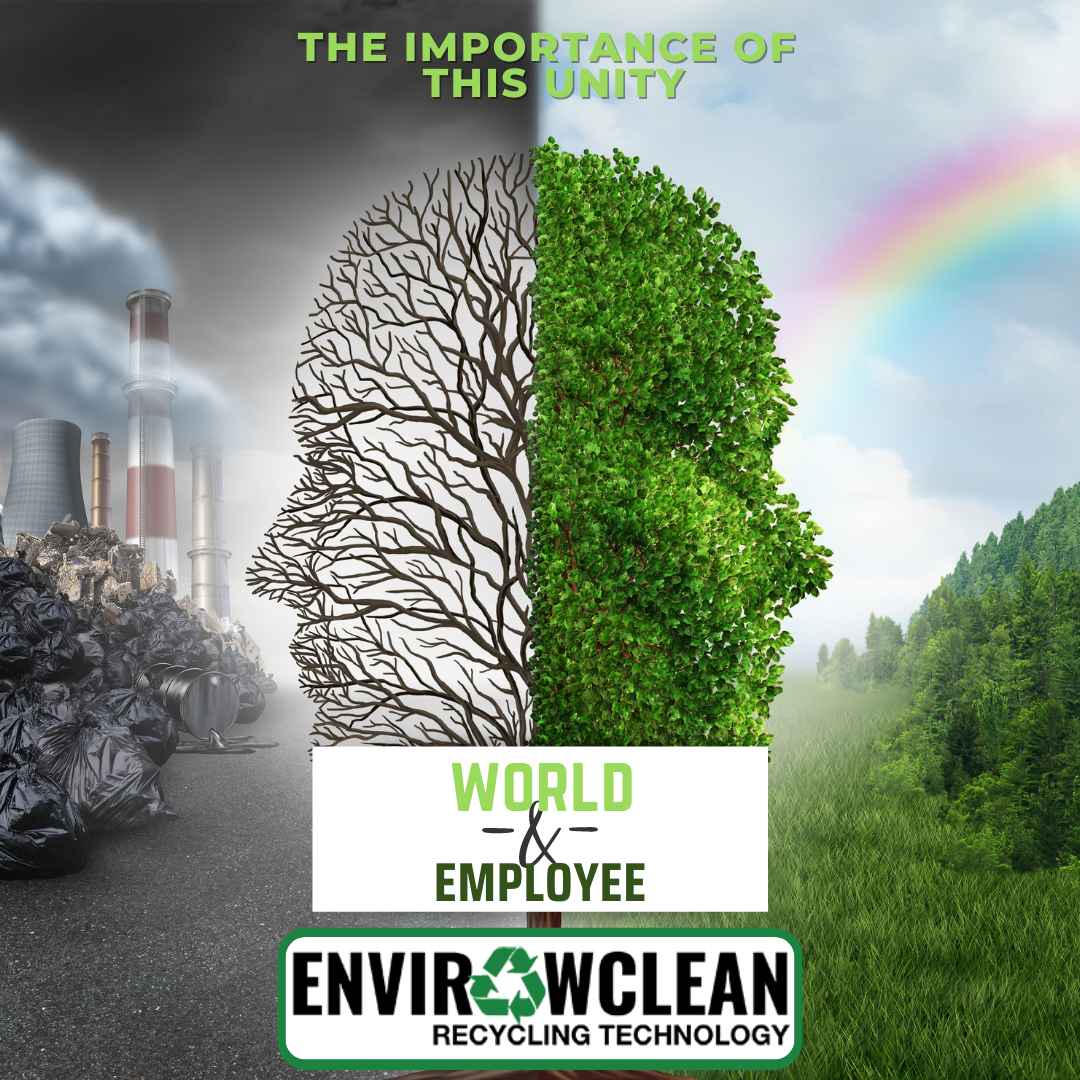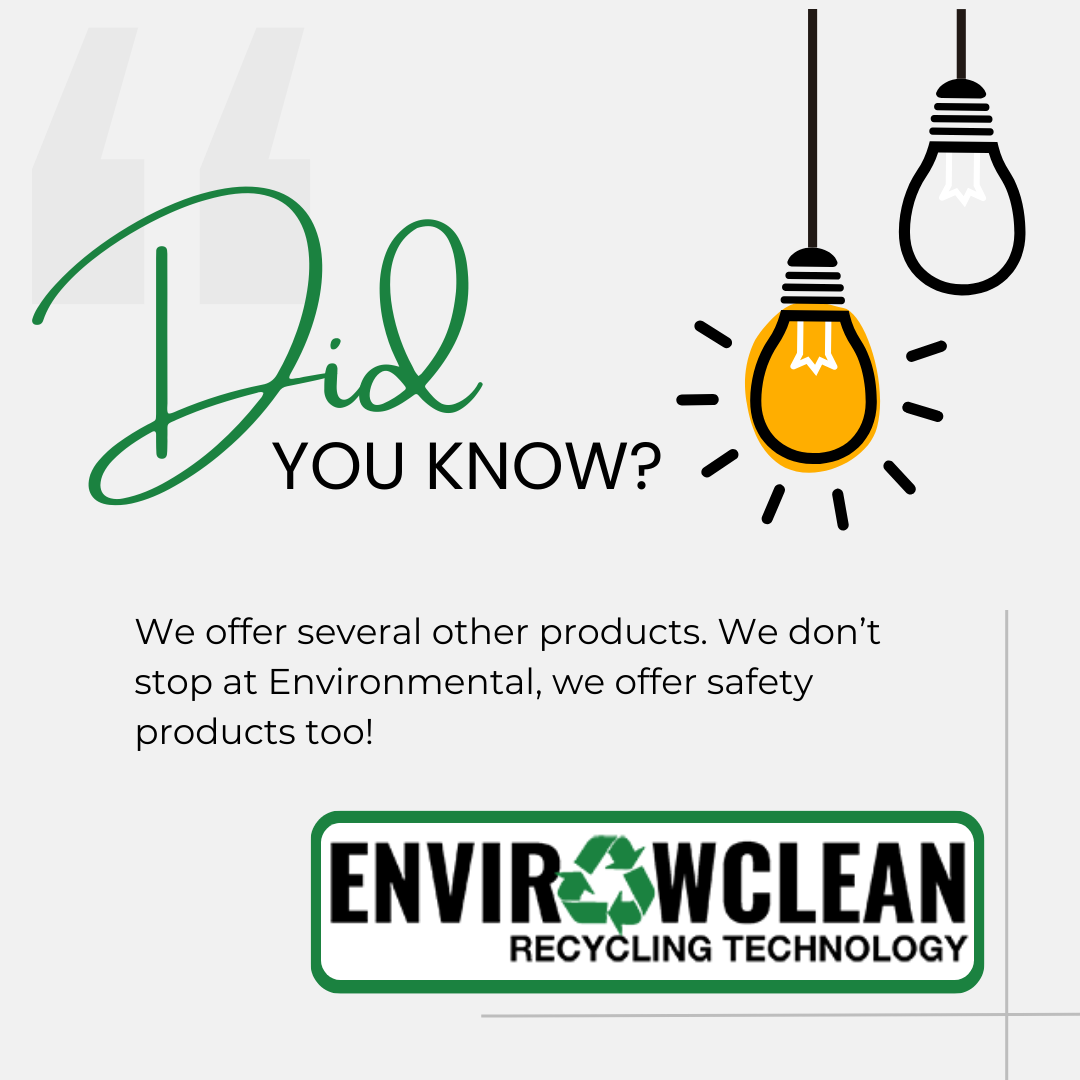The oil recycling industry is continuously evolving to meet the increasing demands for sustainability and environmental responsibility. Here are some of the latest developments and trends in the oil recycling industry:
- Advanced Oil Recycling Technologies
Innovative Filtration Systems: New filtration technologies are enhancing the efficiency of oil recycling processes. Advanced filtration systems can remove contaminants more effectively, resulting in higher quality recycled oil that can be reused in various applications.
Chemical Recycling Methods: Recent advancements in chemical recycling methods allow for the breakdown of used oil into its base components. This process not only improves the quality of the recycled oil but also makes it possible to produce high-grade lubricants from waste oil.
- Circular Economy Initiatives
Closed-Loop Recycling: Many companies are adopting closed-loop recycling systems, where used oil is collected, processed, and returned to the same or similar applications. This approach minimizes waste and ensures a continuous supply of high-quality recycled oil.
Partnerships and Collaborations: There is a growing trend of partnerships between oil recycling companies and industrial sectors. These collaborations aim to create a more sustainable oil lifecycle by ensuring that used oil is efficiently collected and recycled.
- Regulatory and Policy Changes
Stricter Environmental Regulations: Governments worldwide are implementing stricter regulations on oil disposal and recycling. These regulations are driving the industry to adopt more sustainable practices and improve the efficiency of oil recycling processes.
Incentives for Recycling: Some regions are introducing financial incentives and subsidies for companies that engage in oil recycling. These incentives are encouraging more businesses to invest in recycling technologies and processes.
- Digitalization and Automation
IoT and Smart Monitoring: The integration of Internet of Things (IoT) technologies in oil recycling facilities allows for real-time monitoring of recycling processes. Smart sensors and automated systems help optimize operations, reduce energy consumption, and improve the quality of recycled oil.
Data Analytics: Advanced data analytics are being used to enhance the oil recycling process. By analyzing data from recycling operations, companies can identify inefficiencies, predict maintenance needs, and improve overall performance.
- Sustainable Product Innovations
Biodegradable Additives: Innovations in biodegradable additives are making it possible to produce more environmentally friendly recycled oils. These additives enhance the performance of recycled oil while reducing its environmental impact.
Eco-Friendly Packaging: Companies are also focusing on sustainable packaging solutions for recycled oil products. Using recyclable or biodegradable packaging materials helps reduce the overall environmental footprint of the recycled oil industry.
- Education and Awareness Campaigns
Industry Outreach Programs: Oil recycling companies are increasingly investing in education and awareness campaigns to promote the benefits of oil recycling. These programs aim to inform businesses and consumers about the importance of recycling oil and how they can participate in recycling initiatives.
Training and Certification: New training and certification programs for professionals in the oil recycling industry are being developed. These programs ensure that workers are equipped with the latest knowledge and skills to perform recycling operations safely and efficiently.
- Research and Development
Innovative Research Projects: Ongoing research in the field of oil recycling is leading to new breakthroughs and innovations. Research projects are focusing on developing more efficient recycling methods, improving the quality of recycled oil, and finding new applications for recycled oil products.
Sustainable Practices: Research is also being conducted on sustainable practices within the oil recycling industry. This includes exploring ways to reduce energy consumption, minimize waste, and lower the environmental impact of recycling operations.
The oil recycling industry is undergoing significant transformations driven by technological advancements, regulatory changes, and a growing emphasis on sustainability. With innovations in recycling technologies, digitalization, and sustainable practices, the industry is poised to play a crucial role in creating a circular economy and reducing environmental impact. As these trends continue to develop, the future of oil recycling looks promising, offering numerous benefits for businesses, communities, and the planet.






